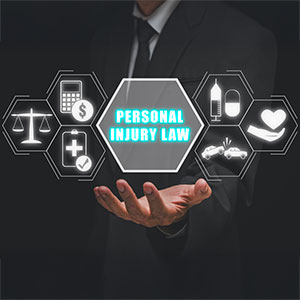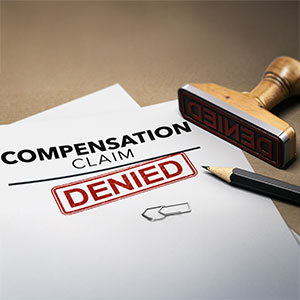Evidence To Reverse Summary Judgment in Dram Shop Case
Personal InjuryIn Gonzalez v. Stoneybrook West Golf Club, (Case Number 5D16-2680), summary judgment in favor of the golf course was reversed because sufficient evidence existed that the golf course could be held responsible for an accident between their patron and a third person off the premises.
A Warning To Golf Courses That Repeatedly Serve Patrons To The Point Of Intoxication
Nathan Hartman was a regular golfer at Stoneybrook. After going golfing, Hartman was involved in a car accident that sadly took the life of Beatriz Gonzalez. Hartman had a BAC of 0.302 percent at the time of the accident.
The trial judge granted summary judgment to the golf course. This basically means that the golf course could not be responsible under the law. The Fifth DCA reversed because of evidence in the record that Hartman was a regular at the club and often became intoxicated while playing golf.
How Florida’s Dram Shop Statute Works
While no one calls their local watering hole a “dram shop” anymore, a bar, tavern, or other commercial establishment where alcohol is served (including a restaurant) where a patron was served too much alcohol before causing an injury to a third person can be held legally responsible under Florida’s “dram shop” law in section 768.125, Fla. Stat. It states:
A person who sells or furnishes alcoholic beverages to a person of lawful drinking age shall not thereby become liable for injury or damage caused by or resulting from the intoxication of such person, except that a person who willfully and unlawfully sells or furnishes alcoholic beverages to a person who is not of lawful drinking age or who knowingly serves a person habitually addicted to the use of any or all alcoholic beverages may become liable for injury or damage caused by or resulting from the intoxication of such minor or person.
Therefore, in order to become legally responsible for an accident, the plaintiff will have to prove that the business establishment was negligent in allowing an underage person to drink or that the patron was “habitually addicted.” “Habitually addicted” is not defined in the statute.
The Undeniable Evidence Against The Golf Course
Evidence in the case suggested that Hartman played golf at Stoneybrook 70-80 times over the three years before the accident. Hartman’s own friend testified that Hartman was drunk virtually every time they played and proceeded on to describe a number of other details about Hartman’s drinking.
Clearly, you would think this would be enough for a judge to find the patron a “habitual” drunk.
How To Prove “Habitual Drunkeness” In A Florida Dram Shop Case
The Florida Supreme Court in Evans v. McCabe 415, Inc., that a vendor must know that the alcohol purchaser was a “habitual drunkard.” This element of knowledge can be met by presenting circumstantial evidence as in Ellis v. N.G.N. of Tampa, Inc., where evidence existed that a patron was served a substantial number of drinks on multiple occasions.
This is enough for a jury to find that a vendor “knew” the patron to be a “habitual drunkard.”
“Habitual” Drunkenness Is A Bad Legal Standard
The issue of what is “habitual” drunkenness is still up for debate with a jury. This case exemplifies another area of legislative action that is needed. What may be “habitual” to some may be “normal” to others. In other words, is partying hard every weekend “habitual” or does it have to be at least 3 times per week to be considered “habitual?” This question has come up in other dram shop cases in Lakeland.
Since the lives of real people and families are fractured everyday because of drunken driving, why not make the legal standard more clear? In other words, if the goal of this statute is to prevent bar and restaurants from serving patrons too much alcohol in one sitting, then why not change the legal standard to say that a bar or restaurant may not serve alcohol to patrons who are “visibly intoxicated?”
While there is still room for argument (as bars and restaurants will not accept a strict liability standard), this would make a lot more sense than a law that only punishes bars and restaurants for underage drinking and for serving “habitual” drunks.
Get Help With Your Case
If you or a loved one has been injured by a drunk driver who came from a bar or a restaurant, you should consider legal claims against the bar or restaurant in addition to just the driver of the car. In Florida, many drivers only carry minimal insurance while bars and restaurants frequently have coverage under a commercial general liability policy. In addition to the justice that you might achieve in your case, bring a case against a bar or restaurant might make a difference in the world that we live in and save the lives of others in the future should changes happen.


